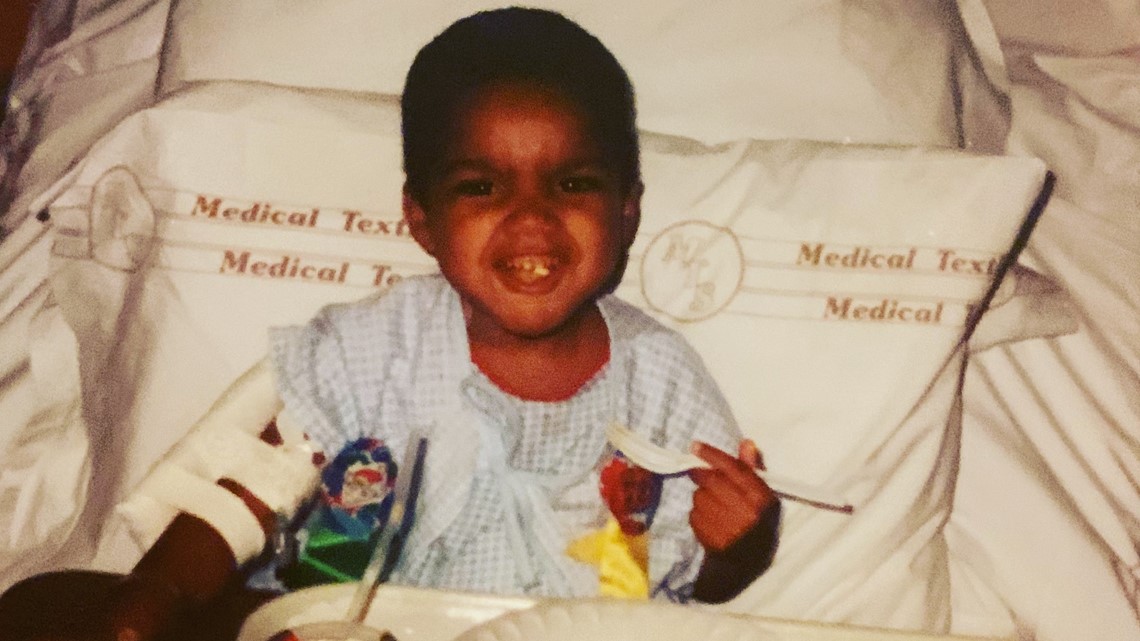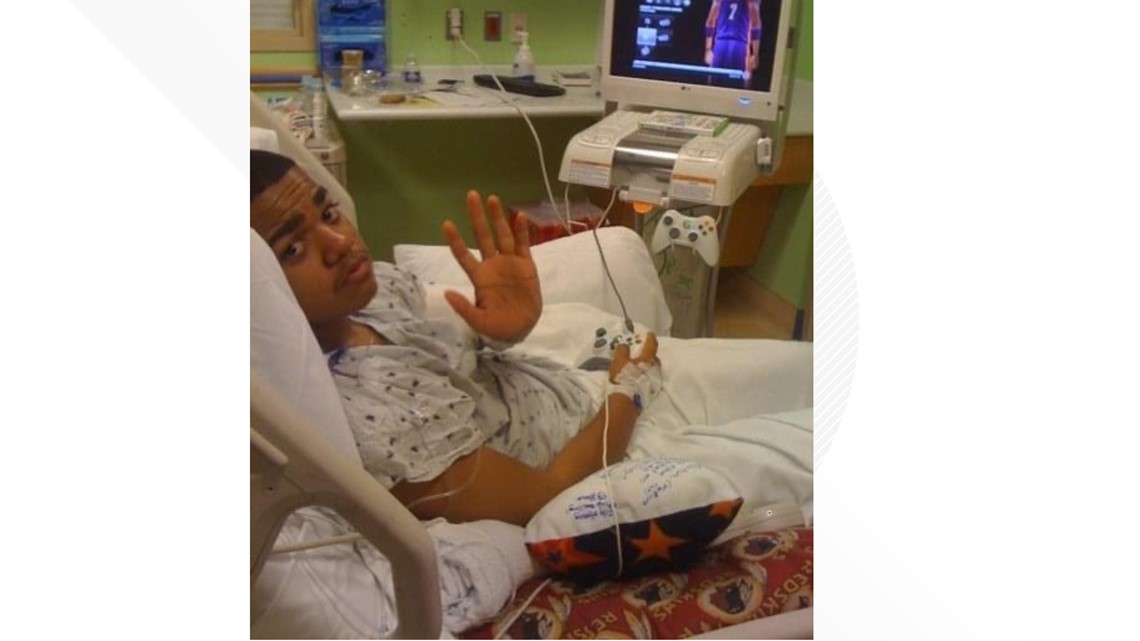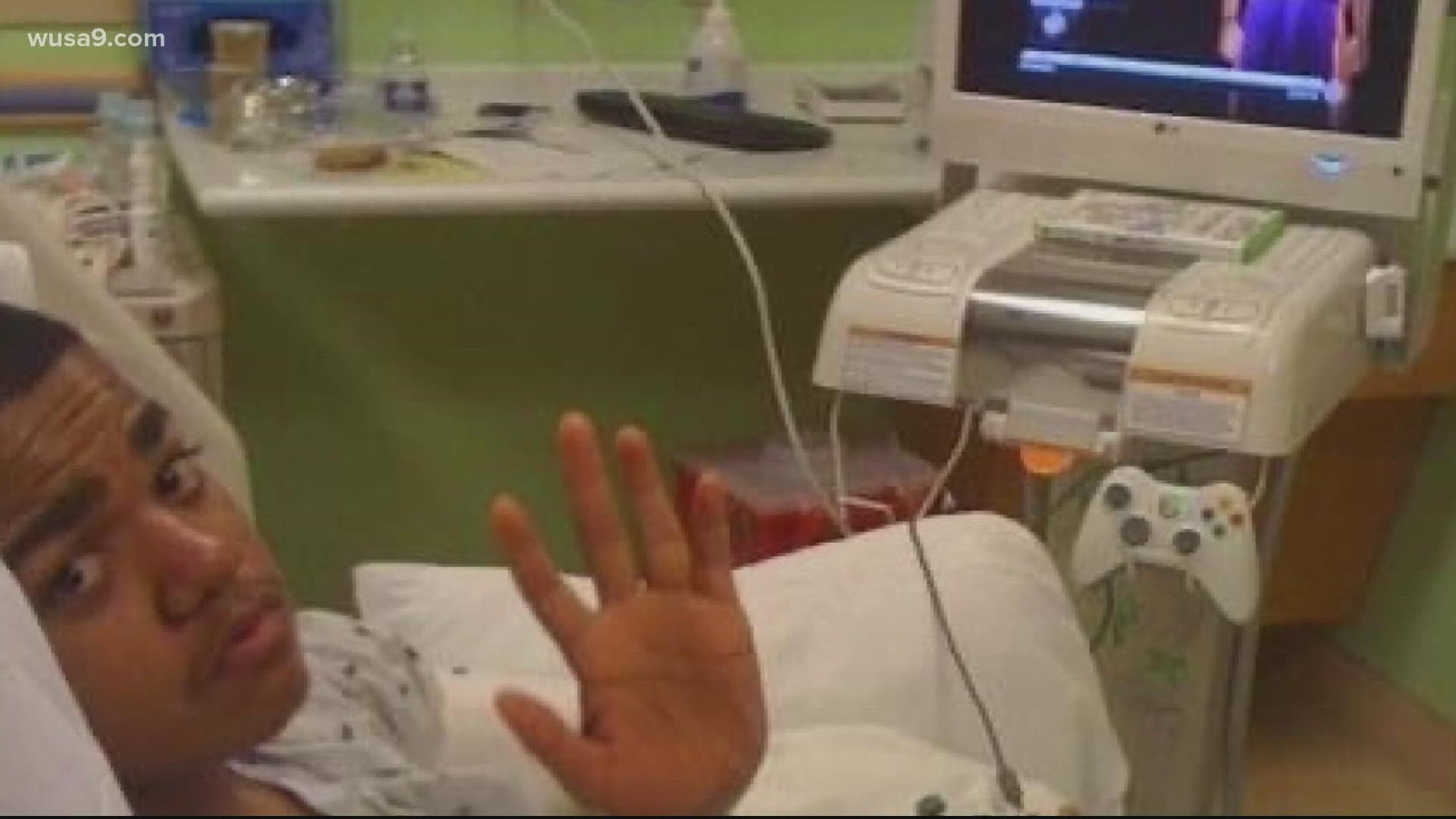WASHINGTON — At 33-years old, Austin Lee already has two kidney transplants behind him. The first kidney came from his mother at age four, and the second in 2010 after he went into renal failure during his senior year of high school.
"My kidneys were pretty much non-functioning by the time I was born," said Lee.
Since his second transplant, Lee has been able to live a normal life. He can travel, work, exercise and do all the things he wasn't able to do before.
But in the Black community, not many people have a success story like his.
"If you look into the history of transplantation, there's always been disparities, particularly with the minority community," said Dr. Keith Melancon, Director of Transplants at George Washington University Hospital.


Those disparities have many different factors including location, cost and insurance.
For people of color, it is common to be on dialysis for years. However, life after a kidney transplant is much better than dialysis. And receiving a live donor is a patient's best chance of living a longer life.
"Life expectancy of someone that receives a live donor versus a deceased donor is almost twice as long," said Dr. Melancon.
Now, a George Mason University-led team of researchers hopes to correct the disparity among Black patients and kidney transplants. They are working to create an algorithm to help improve the kidney donor-recipient matching process, especially in the Black community.
"We will be building a model to see what's the best way to swap the donors, given the characteristics of donors and recipients," said Naoru Koizumi, the lead researcher and professor at the George Mason University Schar School of Policy and Government.
The team of medical and data researchers will work with transplant programs at George Washington University Hospital and Virginia Commonwealth University Medical Center.
The three-year study is funded by the National Science Foundation. The grant, worth nearly $1 million also includes researchers from the University of Maryland and the University of Louisville.


Doctors are hopeful this algorithm, combined with education in the community about kidney disease, will help close the disparity gap. Austin Lee has made education about kidney disease his mission. He shares his story to encourage others to take better care of themselves and consider being organ donors.
"I'm just running with it and I'm able to spread the word and help people as much as I can," said Lee.

